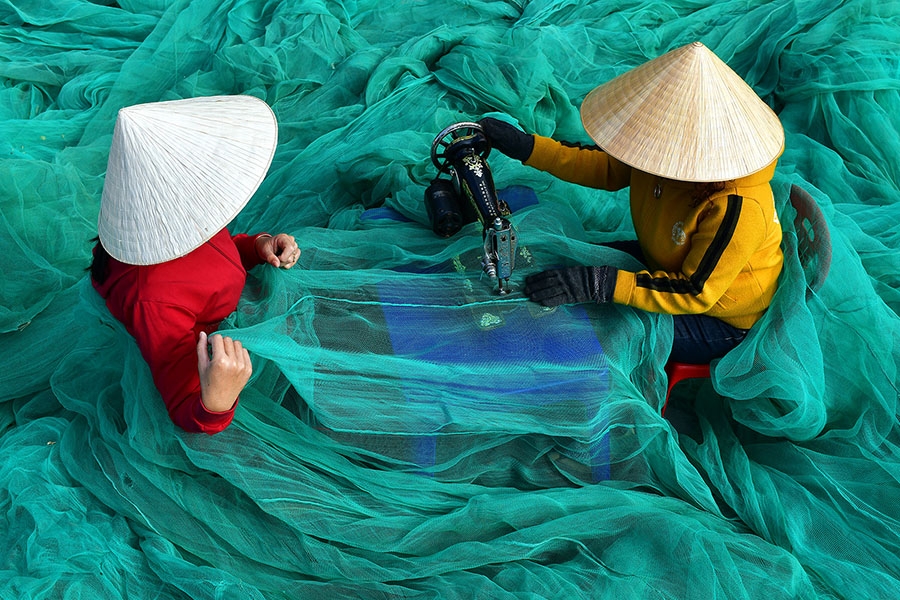In the Media | May 2024

"For the many net food importing countries in Asia, aside from increasing national stockpiles, governments and policymakers should diversify sources to mitigate supply chain disruptions. A good example is Singapore, which, while importing over 90 percent of its food, has reduced vulnerability to food price and supply fluctuations through contact with more than 180 countries and regions. This strategy has been largely successful, resulting in Singapore enjoying the world’s second most affordable food, behind Australia."
- Asia Society Policy Institute research associate, Genevieve Donnellon-May, on global food security and its implications for Asia in The Inquirer Philippines, Microsoft Start.
"The NLGC could “significantly impact global food dynamics and strengthen China’s influence in global and regional food trade and security, shifting agricultural product flows in its favor."
- Asia Society Policy Institute research associate, Genevieve Donnellon-May, on why the NLGC between Russia, China matters to Asia in Asian Agribiz.
"When extreme climatic events move across international borders, stronger regional cooperation is crucial to reducing the impact, particularly given the limited and often fragmented data collection processes currently in place."
- Asia Society Policy Institute research associate, Genevieve Donnellon-May, on if Kazakhstan’s unprecedented floods be prevented in the future in Modern Diplomacy.
"Amid a worsening drought in Vietnam, the world’s second-biggest coffee producer and leading supplier of the robusta bean (commonly used in instant coffee), news that its coffee exports may fall by 20 per cent this year sent prices soaring, with robusta futures hitting record highs."
- Asia Society Policy Institute research associate, Genevieve Donnellon-May, on climate change threat being more than a storm in Vietnam’s coffee cup in South China Morning Post, Green Reporter.